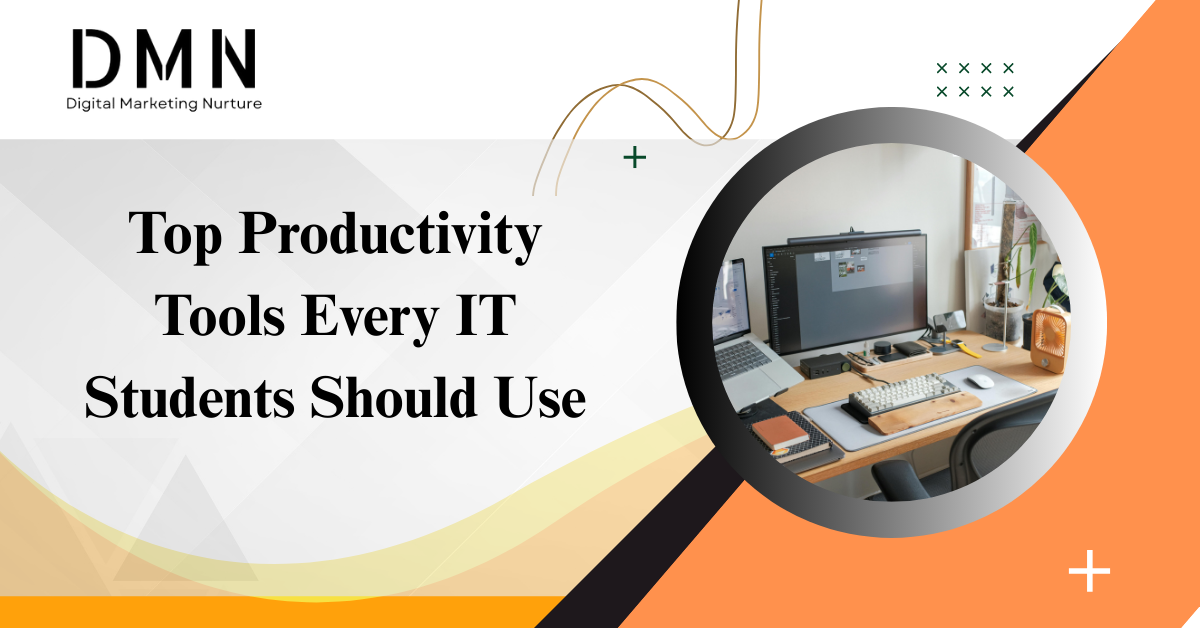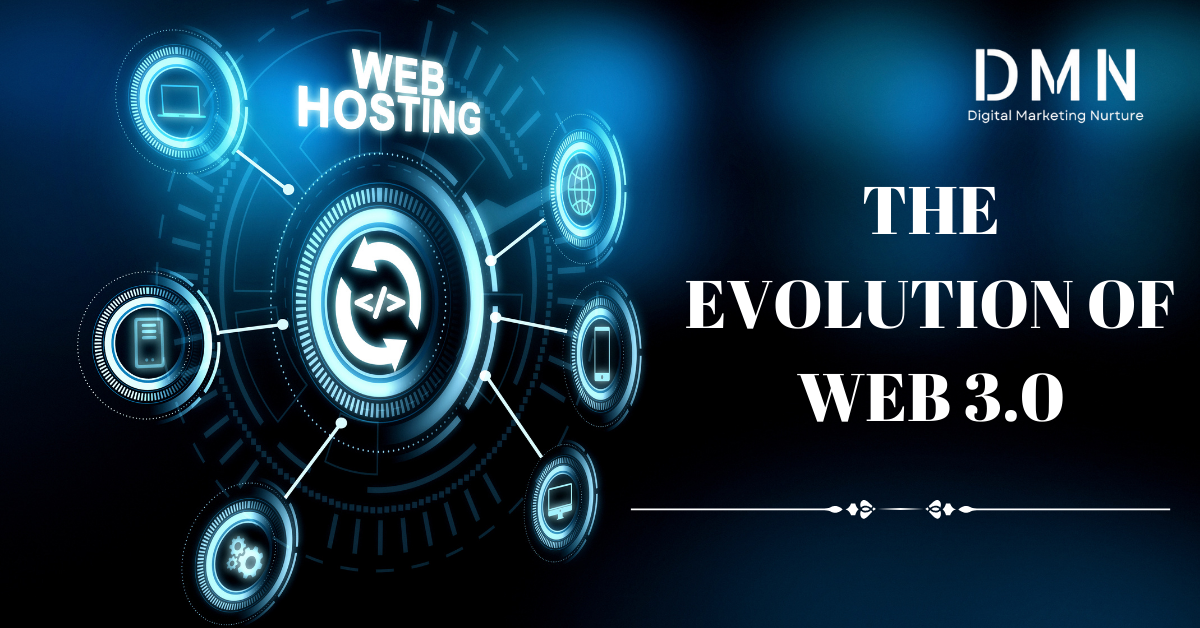In today’s digital-first world, Information Technology (IT) skills are not just valuable—they’re essential. From businesses managing online operations to individuals seeking remote job opportunities, the demand for skilled IT professionals continues to grow across all industries.
However, with so many specializations within IT—ranging from data science and programming to digital marketing and graphic design—many beginners struggle to identify the right starting point.
This guide will help you explore the most popular IT career paths and the beginner-friendly courses that can launch your journey in the tech world.
Start with Self-Assessment: What Are Your Interests?
Before choosing an IT course, ask yourself:
- Are you more creative, analytical, or technical?
- Do you enjoy solving problems, analyzing data, or creating visuals?
- Are you looking for short-term skill-building or a long-term career foundation?
Understanding your interests and goals is the first step toward choosing the right course.
1. Digital Marketing

Digital Marketing involves promoting products and services through digital platforms like search engines, websites, email, and social media.
What You’ll Learn:
- Search Engine Optimization (SEO)
- Social Media Marketing (Facebook, Instagram, LinkedIn)
- Google Ads and Pay-Per-Click (PPC) Advertising
- Email Marketing
- Web Analytics using tools like Google Analytics
Ideal For:
- Individuals interested in marketing, branding, and online consumer behavior
- Beginners looking for job-oriented skills without coding
Career Opportunities:
- Digital Marketing Executive
- SEO Specialist
- Social Media Manager
- PPC/SEM Analyst
Digital marketing skills are in high demand as companies continue to expand their online presence. This course offers rapid job readiness and freelance opportunities.
2. Graphic Designing
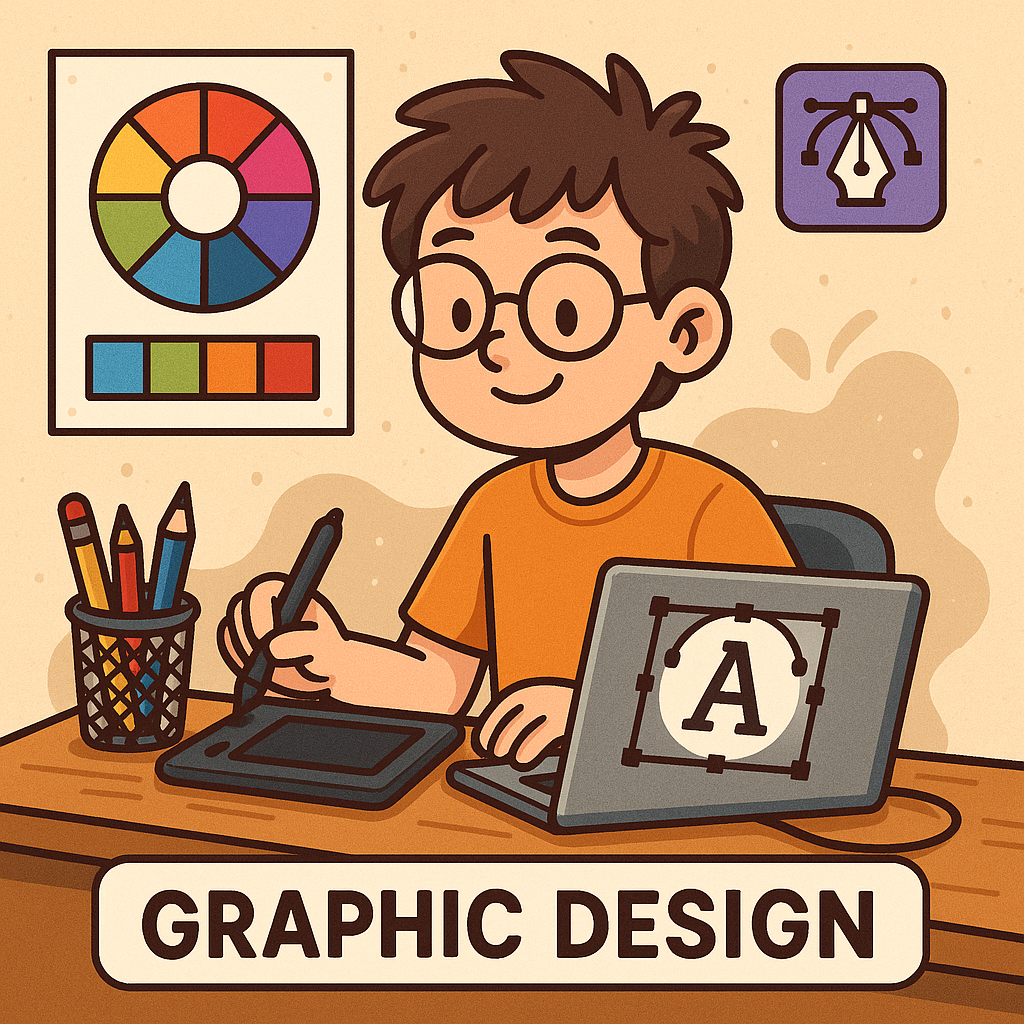
Graphic design is the art of creating visual content to communicate messages through typography, images, and color.
What You’ll Learn:
- Adobe Photoshop, Illustrator, and InDesign
- Layout design and branding concepts
- Color theory, typography, and logo design
- UI/UX basics and visual storytelling
- Tools like Figma and Canva
Ideal For:
- Creative thinkers with a passion for design and visual communication
- People looking to enter creative fields with tech applications
Career Opportunities:
- Graphic Designer
- Visual Content Creator
- UI Designer
- Branding Specialist
Graphic designing bridges creativity with technology and is applicable across industries—from advertising to mobile apps.
3. Programming Languages
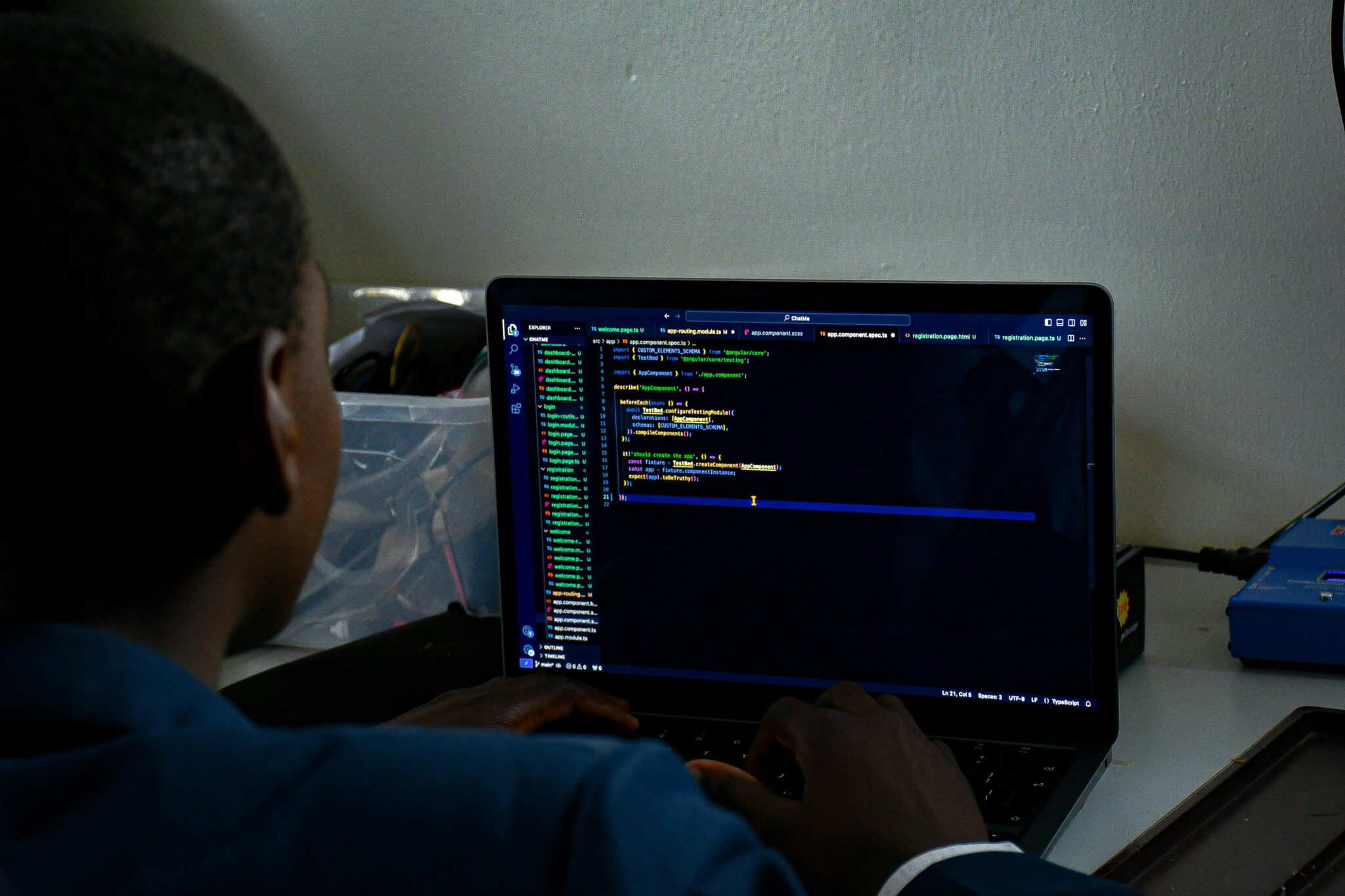
Programming languages like Python, Java, and C++ are used to develop software, websites, applications, and automate tasks.
What You’ll Learn:
- Core programming logic and syntax (Python, Java, JavaScript, etc.)
- Object-Oriented Programming (OOP)
- Data structures and algorithms
- Web development basics
- Application development foundations
Ideal For:
- Logical thinkers and problem-solvers
- Individuals aiming for a technical career in software or web development
Career Opportunities:
- Software Developer
- Backend/Frontend Developer
- Web Application Developer
- Game Developer
Learning a programming language is a fundamental step for anyone pursuing a technical career. Python, in particular, is beginner-friendly and widely used in fields like automation, AI, and web development.
4. Data Science and Analytics
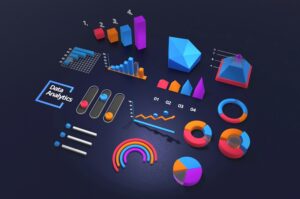
Data Science involves analyzing large sets of data to extract insights and inform decision-making using statistical and computational techniques.
What You’ll Learn:
- Programming in Python and R
- Data cleaning, visualization, and exploration
- Machine Learning basics
- SQL and relational databases
- Tools like Power BI, Tableau, Pandas, NumPy
Ideal For:
- Analytical thinkers who enjoy working with numbers and patterns
- Graduates in science, engineering, commerce, or statistics
Career Opportunities:
- Data Analyst
- Data Scientist
- Business Intelligence Analyst
- ML Engineer
With businesses becoming data-driven, data science offers high-paying and future-proof career paths across tech, finance, retail, healthcare, and more.
5. Web Development

Web development involves building and maintaining websites and web applications for the internet.
What You’ll Learn:
- HTML, CSS, JavaScript for front-end development
- Backend development using Node.js, PHP, or Python
- Database integration (MySQL, MongoDB)
- Responsive design and hosting
- Version control with Git and GitHub
Ideal For:
- Individuals who want to build websites, apps, or freelance online
- Those interested in both design and functionality
Career Opportunities:
- Frontend Developer
- Backend Developer
- Full Stack Developer
- Web Designer
Web development offers flexible career options including remote work, freelancing, and entrepreneurship.
Why Choose Our Institute?
We provide:
- Industry-aligned curriculum and hands-on training
- Project-based learning to build a real portfolio
- Career counseling and job placement assistance
- Flexible class timings (weekend, weekday, online)
- Mentorship from certified, experienced instructors
Whether you’re just starting or switching careers, our goal is to help you build practical skills that are in high demand.
Conclusion
The IT industry offers countless career paths—but your journey begins with choosing the right course that fits your goals, interests, and strengths. Whether you’re inclined toward creativity, logic, communication, or analysis, there’s a place for you in tech.
Still unsure about the right course?
Book a free career consultation with our experts today and take the first step toward your IT career.


